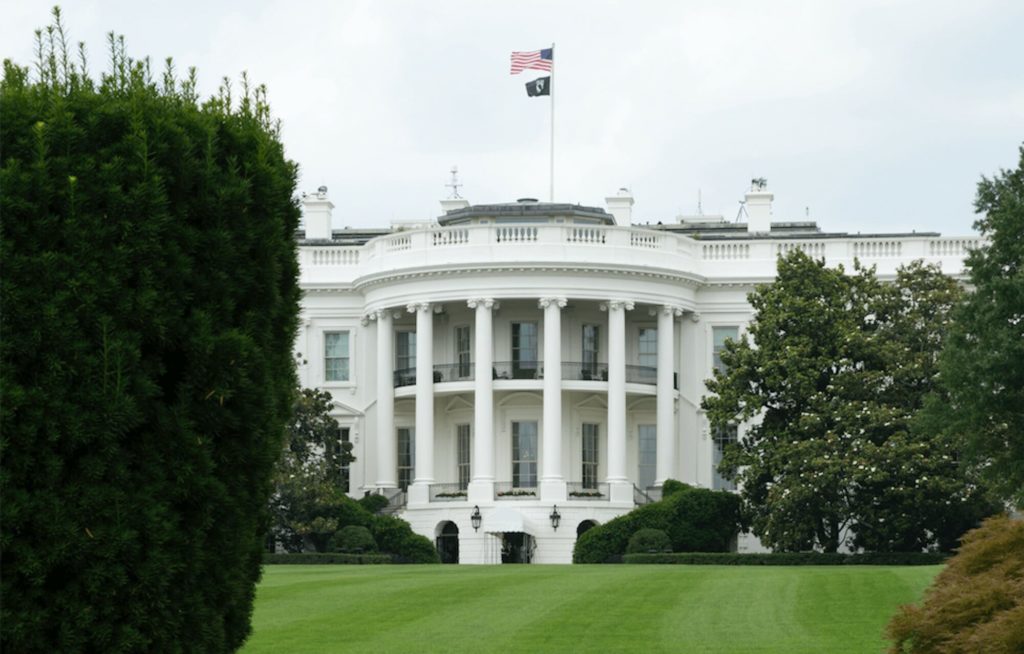
Eat right. Exercise. Reduce stress. We are familiar by now with the link between heart-healthy behaviors and cognitive functioning. But on World Hearing Day last week, one audiologist strived to emphasize one of the lesser-known connections to brain health: the ability to hear.
“World Hearing Day is a day to get the word out about the importance of hearing and maintaining safe hearing across your entire life span,” Jodi Sasaki-Miraglia, director of education and training for hearing aid company Widex USA, told McKnight’s Home Care Daily Pulse. “As we live longer, the impact of hearing loss become greater and greater if [we] don’t get it treated.”
Hearing loss, in fact, is the largest modifiable risk factor against dementia, according to a study in The Lancet in 2020. Treating hearing loss could eliminate 1 in 10 cases of dementia, according to the study. And all kinds of hearing loss put as at risk. While mild hearing loss doubles the risk of dementia, moderate hearing loss triples the risk. And severe hearing impairment raises the risk of dementia up to five times that of those who do not have hearing impairment, the study said.
How does hearing affect the brain? The ears are connected to the brain, so the ears are responsible for hearing, listening and processing.
“It’s not just an ear thing,” Sasaki-Miraglia said. “It’s not that simple.”
Appreciation for hearing
The last two years of the pandemic — with masks’ detrimental impact on communication — have helped us realize the importance of hearing, Sasaki-Miraglia said.
“You had a global situation where, all of a sudden, good communication and hearing was impacted by us being safer around COVID and masks and the PPE [personal protective equipment] situation,” she noted.
Hindered communication is one of the social implications of hearing loss, she said. Hearing loss also affects relationships and puts you at increased risk of depression, anger and social isolation. There is even a correlation between hearing loss and lost wages, Sasaki-Miraglia said.
“Most people who think they have hearing loss wait five to seven years to do something about it,” Sasaki-Miraglia said. “In that time, relationship break down, communication breaks down.”
It affects everyone
While hearing loss is prevalent in the older set — about 1 in 3 people 60 and older have hearing loss, according to the Centers for Disease Control and Prevention — it’s not just older adults who need to be concerned about hearing loss. Some 15% of the population over age 18 in the United States report hearing loss, the CDC said. Men are twice as likely as women to have hearing loss.
Young or old, we all can do things to support our hearing health, and the ear and brain connection, Sasaki-Miraglia said. These include wearing ear protection at a concert, mowing the lawn or going snowmobiling, and leaving places where you have to shout to be heard.
The best way to tackle hearing loss is to get tested for it, Sasaki-Miraglia said. A simple free screening that you find online is the first place to start; Widex offers one, for example. If the screening reveals there may be hearing loss, the next stop is an audiologist or a license hearing care professional.
“Doing something sooner rather than later is better,” Sasaki-Miraglia said.
And while there may be a stigma against hearing aids, rest assured, the hearing aids of today are “not your father’s hearing aids,” she said. They are not big, bulky, and the sound is sharp and clear.
“Today’s hearing aids are lighting speed away from the way they were before,” she said. “It’s like comparing a rotary phone and a cell phone.”
Editor’s note: Home Sweet Home is a feature appearing Mondays in McKnight’s Home Care Daily Pulse. The story focuses on a heartwarming, entertaining or quirky happening affecting the world of home care. If you have a topic that might be worthy of the spotlight in Home Sweet Home, please email Caroline Szachnowski at [email protected].


